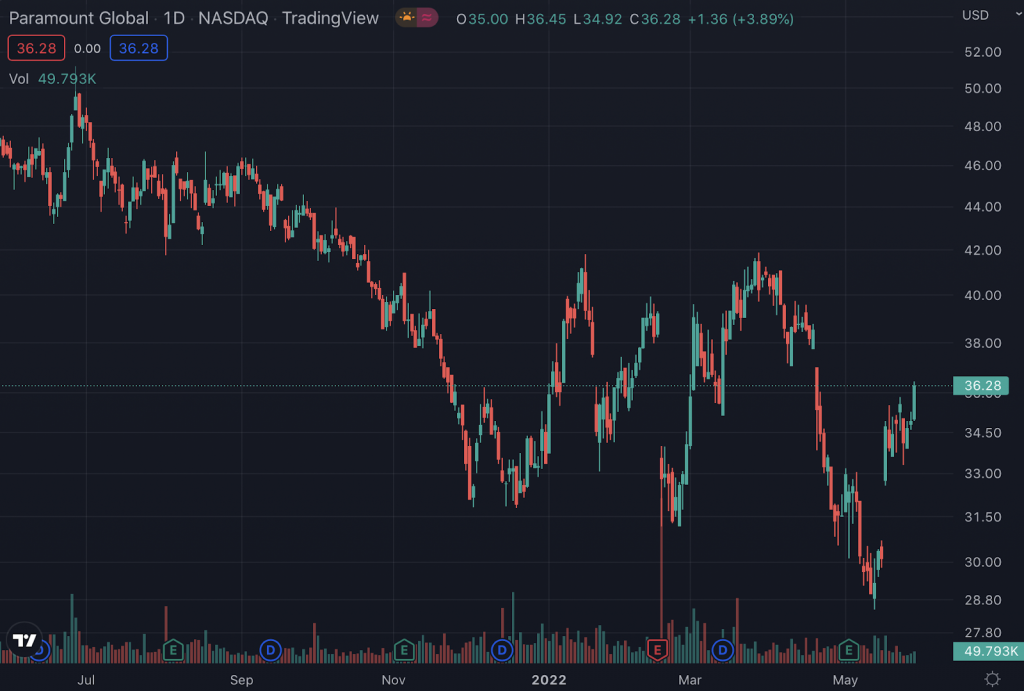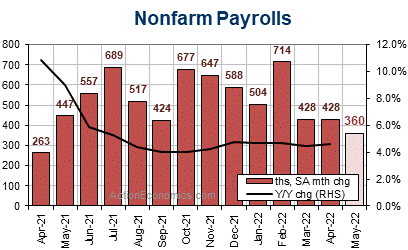The co-founders of HashFlare, Ivan Turogin and Sergei Potapenko, find themselves entangled in a legal quagmire once again as they face extradition from Estonia to the United States. Their journey from cloud mining success to legal turmoil has been riddled with controversy and allegations of fraudulent activities.
Turogin and Potapenko, accused of orchestrating a Ponzi scheme through HashFlare, are confronting a slew of charges including conspiracy, wire fraud, and money laundering, each carrying a maximum penalty of 20 years in jail. Despite their initial success as a top cloud miner, the collapse of HashFlare in 2019 marked the beginning of their legal woes.
While the Estonian government initially authorized their extradition, a successful appeal temporarily halted the process, citing concerns over the conditions in US detention facilities. However, recent developments indicate that the extradition proceedings are back on track, raising questions about the future of Turogin and Potapenko.
The allegations against them, detailed by the US Department of Justice, paint a grim picture of deception and exploitation. HashFlare, purportedly offering mining leases to investors, failed to deliver on its promises, leaving hundreds of thousands of victims in its wake. Moreover, Turogin and Potapenko are accused of misappropriating funds intended for the launch of Polybius, a digital bank, further exacerbating their legal predicament.
As the legal battle unfolds, the fate of Turogin and Potapenko hangs in the balance, underscoring the complexities of cryptocurrency-related prosecutions and the enduring pursuit of justice for victims of fraudulent schemes.



